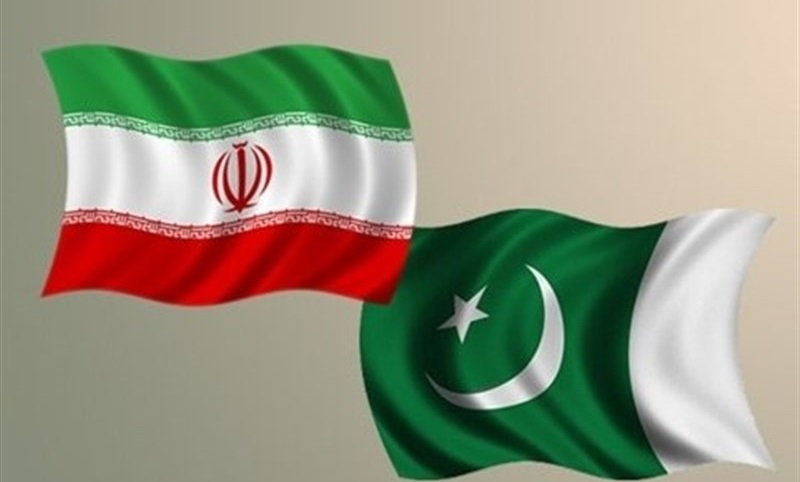Political change in Pakistan won’t impact close ties with Iran
 TEHRAN (Defapres)-Focus of the political parties during the elections campaign, till now, has been domestic issues; however leadership of Pakistan’s major political parties vows to carry forward the policy of peaceful neighborhood.
TEHRAN (Defapres)-Focus of the political parties during the elections campaign, till now, has been domestic issues; however leadership of Pakistan’s major political parties vows to carry forward the policy of peaceful neighborhood.
Whoever emerges as the winner in July 2018 election in Pakistan, relations will not change with “only-stable” neighboring Muslim country Iran, rather there are more chance to bolster ties between brotherly countries because of changing regional situation.
Not only do Pakistan’s all major political parties value ties with Tehran, but country’s powerful military also toe the same line.
Historically, Pakistan’s relationship with Iran was cordial even during the most difficult times when Tehran was under stringent international sanctions.
Pakistan and Iran share nearly 1,000 kilometers long border that clearly shows that both are strategically important for each other.
Last month, on June 9, in meeting with Iranian President Hassan Rouhani, at the 18th summit of the Shanghai Cooperation Organization (SCO) in China, Pakistan’s President Mamnoon Hussain underscored that Pakistan and Iran enjoy close, cordial and fraternal relations.
Both the countries in recent years have been in serious discussion to further strengthen bilateral economic relations through inter-alia increased bilateral trade and agreed that connectivity between the two sister-ports of Gwadar and Chabahar would further deepen bilateral ties through enhanced trade and people to people contacts.
There is a huge potential to increase ties between the two countries and this will be a challenge for Pakistan’s new government to capitalize the opportunity.
Following the US President Donald Trump’s withdrawal from the Joint Comprehensive Plan of Action (JCPOA) this year, Pakistan has joined the group of countries who have strongly condemned Trump’s unilateral disregard for a multilateral deal that will have far reaching implications of global magnitude.
The JCPOA is a preventive binding agreement among P5 members of the United Nations and Iran signed in 2015 to curb the latter’s nuclear activities.
After the US withdrawal (JCPOA), Iran-Pakistan gas pipeline project would also most likely face further delays as it had previously due to sanctions against Iran.
However, there could be a faint glimmer of hope for the pipeline project, since as per China’s stance on Trump’s unilateral withdrawal from the JCPOA, it will not cut off business ties with Iran.
Iran has shown interest in participating in the China-Pakistan Economic Corridor (CPEC) and China’s petroleum bureau has also offered to build the pipeline on the Pakistani side.
Thus, if China steps in to help both Iran and Pakistan, this project can still see the light of day. However, it does not appear to be a priority for China at the moment. Besides, any energy sector transactions with Iran are certain to invite US wrath.
But this all invite our attention that Pakistan and Iran are key players in the region and need each other’s support to move forward.
*M I Malik is a Pakistani expert and analyst on international affairs.
